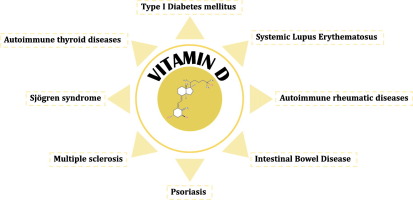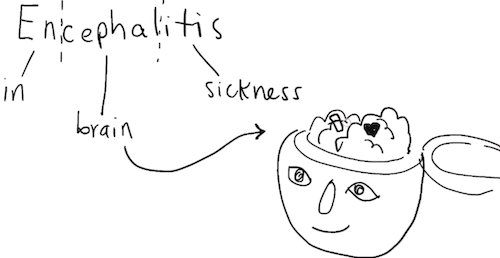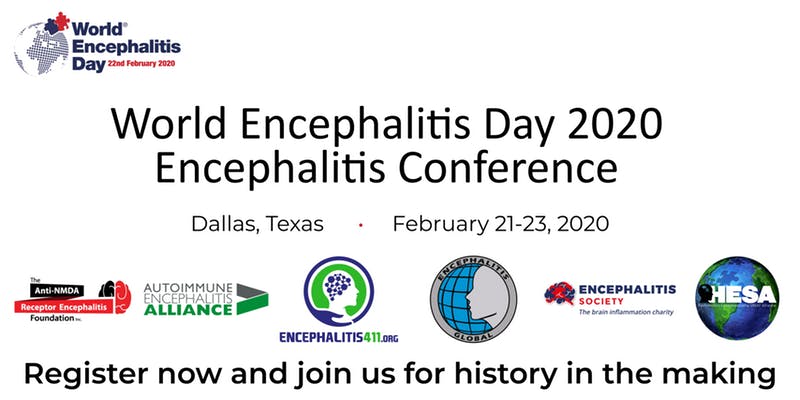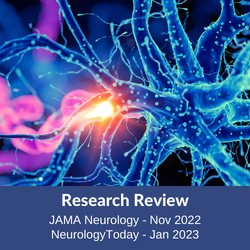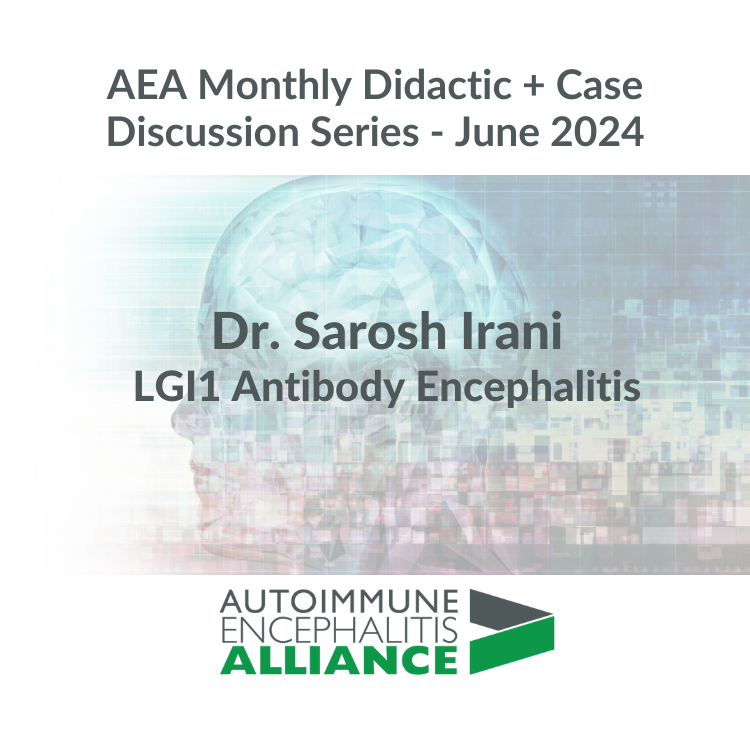Education
We had the pleasure of having psychiatrist Stephen Rush, MD discuss the role of psychiatry in AE at our recent Midwest Support Group meeting. Dr. Rush is an Associate professor of Psychiatry and the Medical Director of Ambulatory Services at the University of Cincinnati Department of Psychiatry and Behavioral Neuroscience. In his practice he not […]
Mark your calendar! The World Encephalitis Day Alliance will be hosting the World Encephalitis Day Conference on Saturday February 20th, 2021. This will be a virtual conference, so anyone, anywhere can participate. We are literally taking you across the globe, with speakers from Australia, Europe, and the United States. Our Keynote Speakers are Prof. Tom […]
Vitamin D (cholecalciferol) is a nutrient found in some foods like fatty fish that can be added to your diet as a supplement. Our body makes vitamin D when our skin is directly exposed to the sun, and most people meet at least some of their vitamin D needs this way. Vitamin D is required […]
Dr. Pojen Deng and Dr. Anusha Yeshokumar (Mount Sinai Health System) discuss autoimmune encephalitis and a multidisciplinary approach to AE Care for the Psychiatric Times Health Minute. They also discuss long term management strategies, including recognition of broad psychosocial ramifications as well as individual cognitive and psychiatric sequelae. https://www.psychiatrictimes.com/view/collaborating-best-outcomes-patients-autoimmune-encephalitis
A group of doctors led by Dr. Anusha Yeshokumar have assessed care transitions and caregiver burden among caregivers of individuals with anti-NMDA receptor encephalitis (anti-NMDARE). Surveying caregivers about their experience caring for those with anti-NMDARE and their perceptions of disease progression and recovery provides a unique opportunity to assess aspects of care for patients who […]
This morning we posted a video of Dr. Heather Van Mater on our social media, where she talks about a registry as an area of opportunity to advance AE Research. But what is a registry? Rare diseases present unique challenges for researchers and companies working towards treatments and cures; small and scattered patient populations, difficulty […]
‘What is AE?’, seems like an easy question to answer, right? AE refers to conditions where the body’s immune system, whose job is to fight infection, mistakenly attacks healthy brain cells causing neurologic and psychiatric symptoms. But what does that really mean? And what if you or a loved one gets this diagnosis and everything […]
AE Alliance is proud to be joining forces with The Anti-NMDA Receptor Encephalitis Foundation, Encephalitis 411, the Encephalitis Society, HESA, and Encephalitis Global in organizing the World Encephalitis Day 2020 Conference in Dallas, TX. The World Encephalitis Day 2020 Conference welcomes survivors and caregivers to attend and interact while celebrating World Encephalitis Day. We feel very fortunate to have […]
Dr. Eoin Flanagan from the Mayo Clinic in Rochester, Minnesota and colleagues from multiple institutions have published this article demonstrating that more than one in five patients diagnosed with autoimmune encephalitis (AE) were misdiagnosed and that about half of these patients actually had a primary behavioral or psychiatric disorder. Red flags associated with receiving the […]
Many thanks to Dr. Sarosh Irani for kicking off our new AEA Provider Monthly Didactic + Case Discussion Series with a presentation on LGI1 Antibody Encephalitis. The AEA Monthly Didactic + Case Discussion series benefits greatly from the invaluable contributions of our committed autoimmune encephalitis experts. These professionals volunteer their precious time, sharing their profound wisdom […]


